Last week, a cold front, namely DANA, hit eastern Spain, leaving behind destruction and death. While I write these words, sadly, the number of people who lost their lives after DANA has raised to over 200 (Campos, 2024). But let’s start from the beginning: what is DANA? DANA is a weather phenomenon known as cold front which happens when a mass of cold air collides with a mass of warm air, resulting in strong storms and heavy rain (Orfila, 2024).
While it is true that certain regions of Spain have traditionally suffered from cold fronts, this time, DANA’s intensity was overwhelming. Scientists have already tried to established connections between this phenomenon and climate change. Of course, it is difficult to establish a clear accurate connection. That is the issue with wicked problems such as climate change: it is difficult to clearly identify linear cause-symptom-effect relationships (Dentoni et al., 2018). However, scientist have already widely acknowledged that one of the consequences of climate change is precisely extreme weather conditions (IPCC, 2022), and recent preliminary studies, for instance by the World Weather Attribution (WWA), suggest that current cold fronts are currently more intense than pre-industrial times (Robaina, 2024).
Climate change is a wicked problem, which is surrounded by stakeholders such as organizations, the media, local communities, governments and universities among others, who can affect and be affected by climate change (Dentoni et al., 2018; Roloff, 2008; Schaltegger et al., 2017). Not only human beings, but climate change affects also animals and crops. This should not be forgotten, as it has serious impacts for instance on ecosystems and food security. In fact, researchers have already claimed that nature should be considered a key stakeholder (Driscoll & Starik, 2004). In this blogpost, and within the context of the DANA disaster, I would like to reflect on three main stakeholders:
- Government: The role of governments in fighting climate change has been widely acknowledged. Governments establish laws, policies and regulations to fight climate change and its impacts (Schaltegger et al., 2017). Moreover, governments have another role: to ensure people’s wellbeing, especially in times of crisis and climate disasters. After DANA, this later role has been highly criticized. For instance, the regional government set the climate alarm too late, and the emergency services had previously suffered severe cuts, worsening the situation (Alonso, 2024; Thykjaer, 2024). The regional government had also closed the Agency of Climate Change of the region (Pastor, 2014). While the world heads towards adaptation to reduce the impacts of climate change (IPCC, 2022), this highlights the need for better protocols at different levels to set guidelines on how to act in climate disaster situations, especially in vulnerable areas more exposed to climate change impacts.
- Companies: Organizations have an important role in fighting climate change, for instance, by incorporating sustainability into their core business and setting sustainable development as a top priority over profit (Weybrecht, 2013). Moreover, companies have another role: protecting their stakeholders, such as employees and customers, in times of crisis and climate disasters. After DANA, this later role has been highly criticized. For instance, the workers and customers of Ikea got stuck inside the shopping mall, which didn’t close or stop its activities during DANA (La Vanguardia Barcelona, 2024). The company reacted afterwards: Ikea facilities became a shelter for those affected by DANA (Marzal, 2024). Nevertheless, this shows an unpleasant truth: at the end of the day, companies still choose profit over people. In my opinion, these unethical behaviors, with firms risking people’s lives, should be studied. It’s time to take climate change seriously, and universities play a key role here: we must educate future entrepreneurs who prioritize people (and nature) over profit.
- Civil society: Society has an important role in fighting climate change. We need to accept our responsibility and adapt our everyday life and behaviors to include more sustainable practices; and we have the power to vote, protest, and force sustainability policies (IPCC, 2007; Köhler et al., 2019; Schaltegger et al., 2017). Moreover, civil society has another role in times of crisis: solidarity. As it is commonly said: “only people can save the people1”. Within the anthropogenic climate crisis context, we could conclude that: only we can save us. After DANA, thousands of volunteers have mobilized to help with cleaning operations and bring food and water to people affected by DANA (Redacción BBC, 2024). As a university teacher, in the solidarity exam, I must evaluate Spanish society as “pass with merit.” However, while this solidarity is remarkable, perhaps it is time to start thinking about how our everyday privileged lives should change to prevent these catastrophes from happening, or at least, reduce its probability and impacts.
Let’s be clear: within the DANA disaster, most of the actions analyzed above are reactive. Tragedy hits, and then, we react exploring alternatives to reduce its impact and feel safe (Carpenter et al., 2019). In the current times of climate crisis, we are reaching tipping points where all we can do is react and get adapted. If we fail in our reactions, especially when they involve protecting peoples’ lives, then we are lost. Perhaps, now it is time to be more proactive.
A friend of mine, who participated in the “I Seminar to Reconnect with Nature” organized by the National Center of Environmental Education in Spain, said something about her experience that I want to highlight here. In one of the seminars, Jose Antonio Corraliza, Professor of Eco-psychology of the University Autónoma de Madrid, stated that “it will be love, and not fear” what saves us. This is how I understand such as thought-provoking and powerful statement: In my opinion, “fear” leads to reactions, but “love” leads to more proactive behaviors. And how do we “push love”? We need better education, at different levels, in values. Values such as empathy, respect, and caring. Only then, we will learn to respect and care about everything surrounding us: human beings, but also animals, trees, water… everything. Usually, it is said that humans are social animals, but we forget to highlight that human beings are also ”natural.” Our supposed and imposed supremacy over nature is not true: we are part of the nature, and we depend on the nature to survive. Thus, taking care of the nature means also taking care of ourselves. That is how strong the bond is. Moreover, while it is totally understandable and valid to react, we need to understand why we do it, what the root of the problem is, and what the ground for our behavior should be: we are part of the nature, we should love and respect it, and this should be reflected in our everyday actions. Only when we really acknowledge the value of nature, we will move towards more sustainable habits purposely and voluntarily.
Thus, education is key in fighting climate change. For instance, in my course Business, Society and Nature, which is part of the Responsible Business Module of the Faculty of Management and Business, we discuss all these topics: wicked problems, climate change, sustainability solutions… and we exchange examples and opinions. I strongly encourage students to add sustainability-related courses to their studies, and I encourage universities to reinforce their sustainability-based study offer and discussion. In times of sustainability crisis, we need education in sustainability and values urgently in order to be more proactive.
To conclude, as I mentioned before: only we can save us. That is why I want to end this blogpost with a quote by Antonio Machado (1875–1939), the most popular and well-known Spanish poet:
“The best of Spain is its people. It has always been the same. In hard times, the rich ones invoke and sell the homeland; common people don’t even mention it [their homeland], but they buy it with their blood and save it 2.”
Lara Gonzalez Porras
Doctoral Researcher & University Teacher, Faculty of Management and Business, lara.gonzalezporras@tuni.fi
1 Original quote in Spanish: “Solo el pueblo salva al pueblo.” This is a common quote frequently used in Spanish-speaking countries, whose origins seem to be in Latin America. However, and due to its wide use, the specific author of this quote is difficult to track.
2 Original quote in Spanish: ”En España lo mejor es el pueblo. Siempre ha sido lo mismo. En los trances duros, los señoritos invocan la patria y la venden; el pueblo no la nombra siquiera, pero la compra con su sangre y la salva.”
References
Alonso, A. (2024, October 31). Qué era la Unidad Valenciana de Emergencias (UVE) que Carlos Mazón eliminó en 2023. 20 minutos. https://www.20minutos.es/noticia/5649690/0/que-consistia-unidad-valenciana-emergencias-uve-que-mazon-elimino-2023/
Campos, C. (2024, November 1). La DANA deja ya 205 muertos mientras se trata de llegar a túneles y sótanos donde quedó gente atrapada. RTVE. https://www.rtve.es/noticias/20241101/aumenta-cifra-muertos-por-dana-provincia-valencia/16312621.shtml
Carpenter, S. R., C. Folke, M. Scheffer, and F. R. Westley. 2019. Dancing on the volcano: social exploration in times of discontent. Ecology and Society, 24(1):23.
Dentoni, D., Bitzer, V., & Schouten, G. (2018). Harnessing wicked problems in multi-stakeholder partnerships. Journal of Business Ethics, 150(2), 333-356.
Driscoll, C., & Starik, M. (2004). The primordial stakeholder: Advancing the conceptual consideration of stakeholder status for the natural environment. Journal of Business Ethics, 49, 55-73.
Köhler, J., F. W. Geels, F. Kern, J. Markard, E. Onsongo, A. Wieczorek, … and L. Fünfschilling. (2019). An agenda for sustainability transitions research: State of the art and future directions. Environmental Innovation and Societal Transitions, 31, 1–32
La Vanguardia Barcelona. (2024, October 30). Las angustiosas imágenes de clientes atrapados por la DANA dentro y fuera de un Ikea en Valencia: “No cerraron a tiempo.” La Vanguardia. https://www.lavanguardia.com/local/valencia/20241030/10062951/angustiosas-imagenes-clientes-atrapados-dana-fuera-ikea-valencia-cerraron-pmv.html
Marzal, M. (2024, October 30). Ikea se convierte en refugio para más de 700 afectados por la DANA en Alfafar. El Periódico. https://www.elperiodico.com/es/sociedad/20241030/ikea-refugio-700-afectados-dana-valencia-temporal-110907855
Metz, B., Davidson, O.R., Bosch, P. R., Dave, R. & Meyer, L. A. (2007) IPCC, 2007: Civil Society. In: Climate Change 2007: Mitigation of Climate Change. Contribution of Working Group III to the Fourth Assessment Report of the IPCC. Cambridge University Press, pp. 713-714.
Orfilia, M. A. (2024, November 1). What is DANA, the strange weather phenomenon that has caused deadly flooding in Spain? Live Science. https://www.livescience.com/planet-earth/weather/what-is-dana-the-strange-weather-phenomenon-that-has-caused-deadly-flooding-in-spain
Pastor, E. (2024, July 17). El Consell consuma la supresión de la Agencia Valenciana de Cambio Climático, creada por el Botànic. Valencia Plaza. https://valenciaplaza.com/el-consell-consuma-la-supresion-de-la-agencia-valenciana-de-cambio-climatico-creada-por-el-botanic
Pörtner, H. O., Roberts, D. C., Poloczanska, E. S., Mintenbeck, K., Tignor, M., Alegría, A., … & Okem, A. (2022). IPCC, 2022: Summary for policymakers. In: Climate Change 2022: Impacts, Adaptation, and Vulnerability. Contribution of Working Group II to the Sixth Assessment Report of the IPCC. Cambridge University Press, pp. 3-33
Redacción BBC. (2024, November 1). La “pasarela de la solidaridad”, la oleada de voluntarios que están llegando a Valencia para ayudar a las víctimas del desastre provocado por la DANA. BBC. https://www.bbc.com/mundo/articles/cx2n9dj5zdpo
Robaina, E. (2024, October 31). El cambio climático hizo un 12% más intensas y el doble de probables las lluvias de esta DANA. Climática. https://climatica.coop/dana-espana-cambio-climatico-estudio-de-atribucion/
Roloff, J. (2008). Learning from multi-stakeholder networks: Issue-focussed stakeholder management. Journal of Business Ethics, 82, 233-250.
Schaltegger, S., Burritt, R., & Petersen, H. (2017). An introduction to corporate environmental management: Striving for sustainability. Routledge.
Thykjaer, C. (2024, October 30). La gran pregunta tras la mortífera DANA que afecta a España: ¿Se avisó tarde a la población? Euronews. https://es.euronews.com/2024/10/30/la-gran-pregunta-que-deja-la-mortifera-dana-que-afecta-a-espana-se-aviso-tarde-a-la-poblac
Weybrecht, G. (2013). The sustainable MBA: A business guide to sustainability (Second edition.). Wiley.

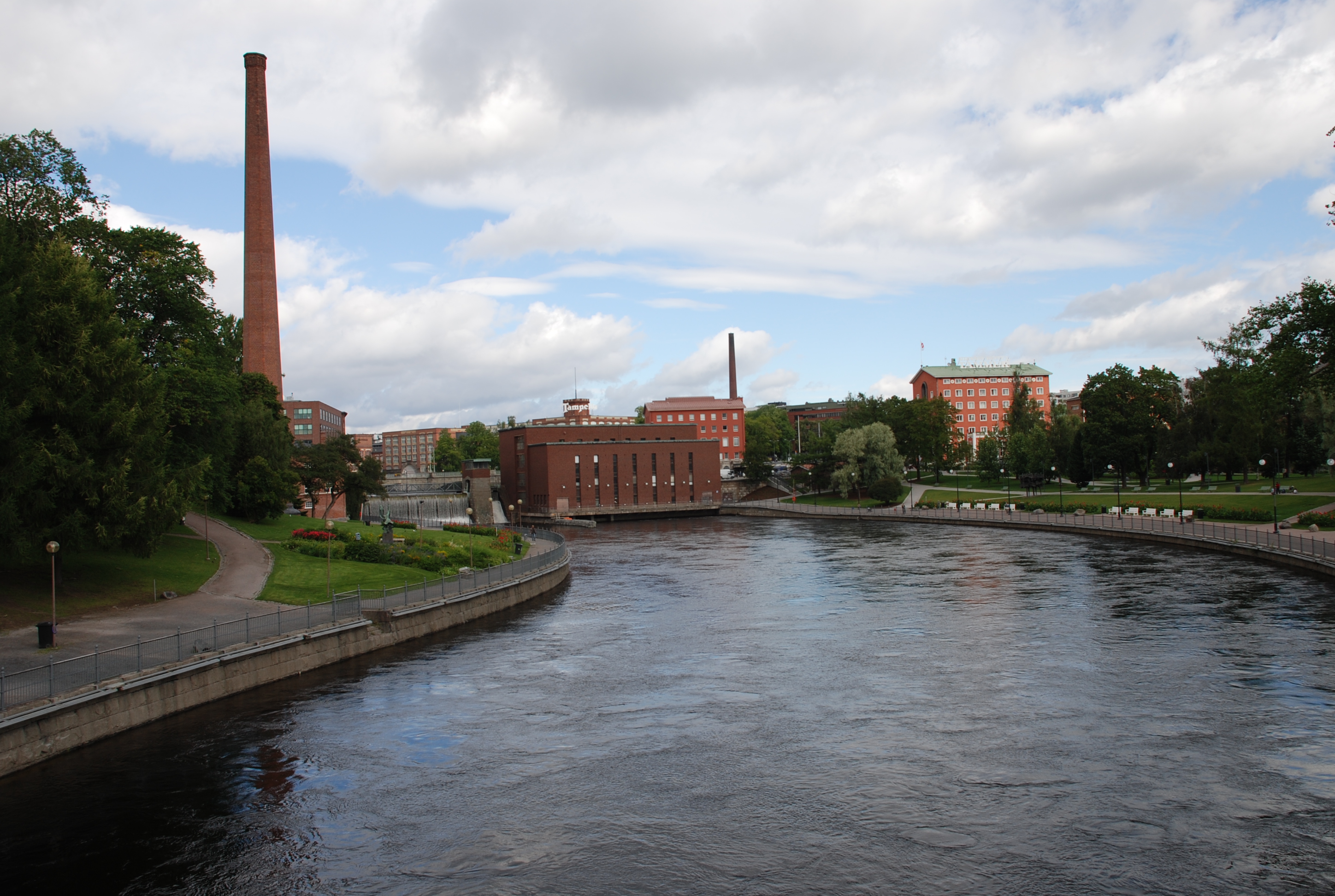
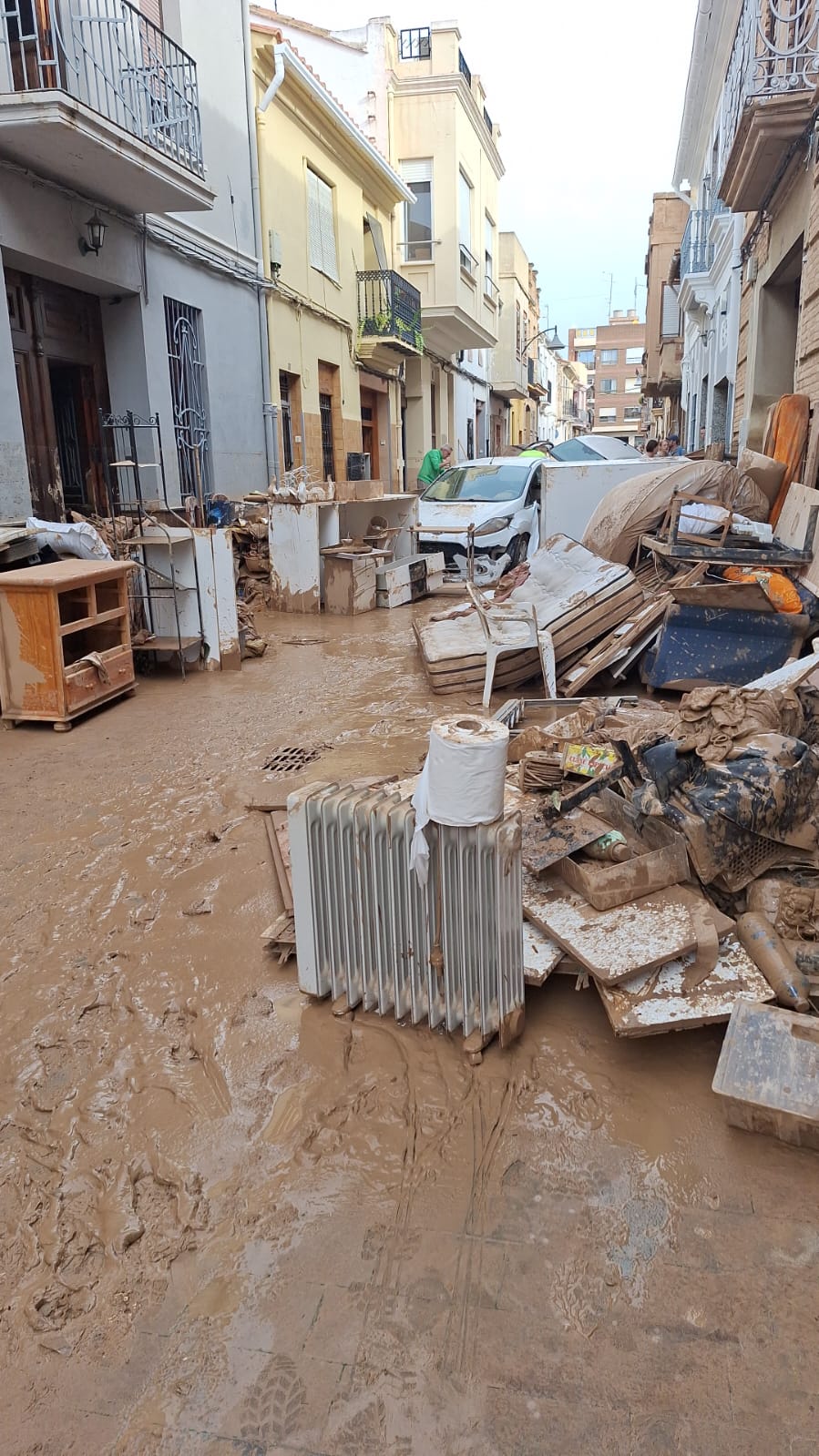
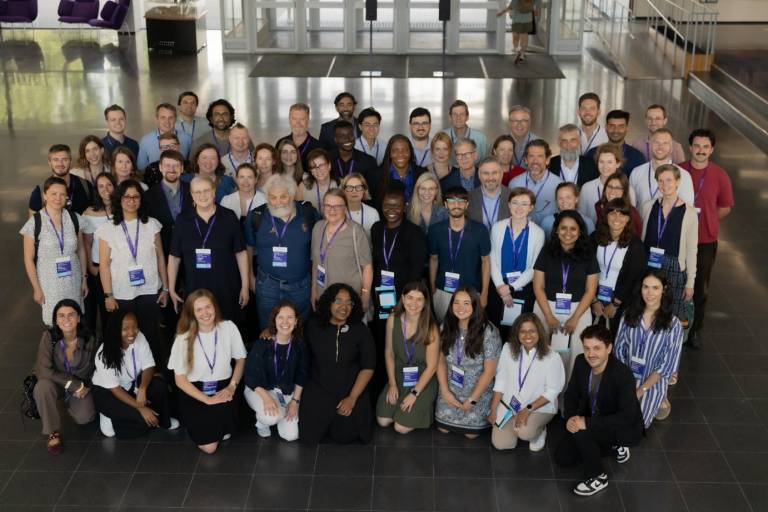
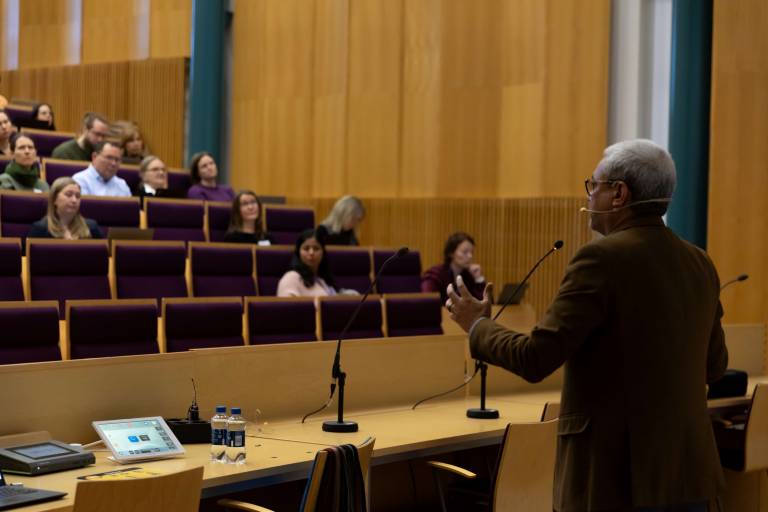
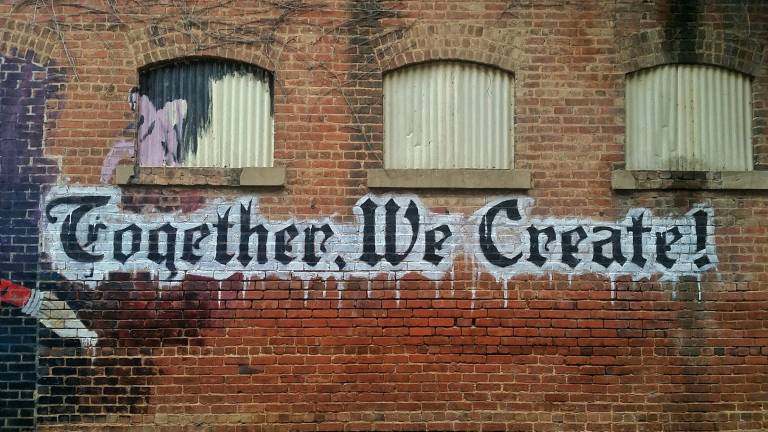
Kommentit